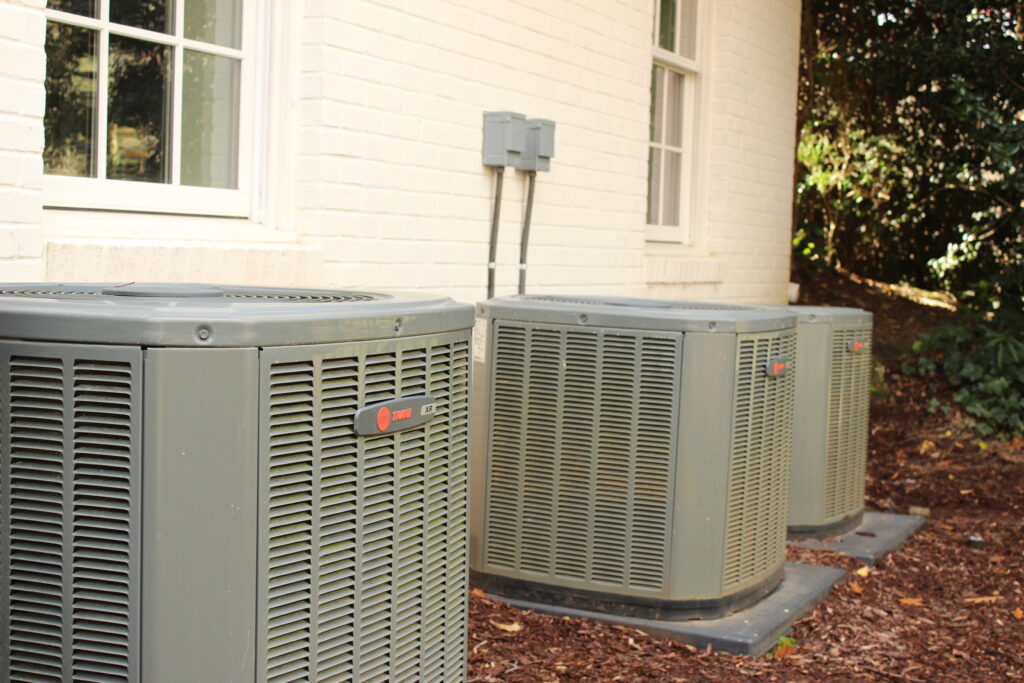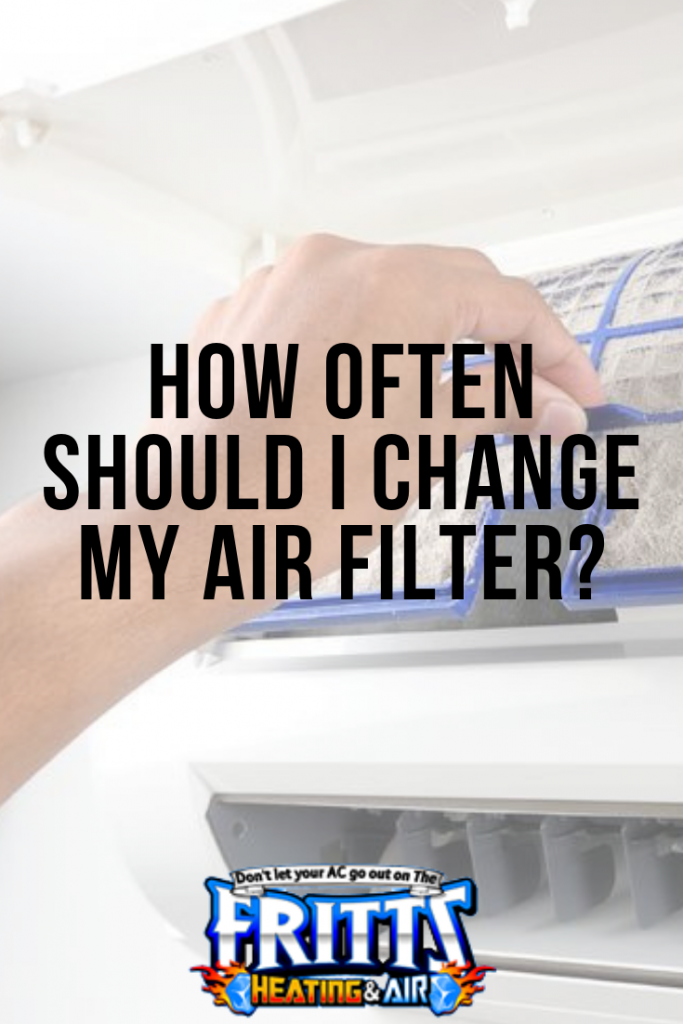It’s that time of year again! Georgia residents are having cold mornings followed by warm afternoons. Spring is just around the corner and it’s time to start thinking about how to prepare your HVAC unit for warmer days. Becoming a smart homeowner means getting ahead of seasonal curbs. Completing spring HVAC preventive maintenance saves you time, money and frustration should your cooling system go down in the middle of winter.
If you wait until the first hot day to arrive, you will run the risk of an inefficient AC unit with a longer service wait time because everyone will want their systems checked too. Don’t wait until it’s too late! Let’s discuss how to prepare your HVAC system for spring.
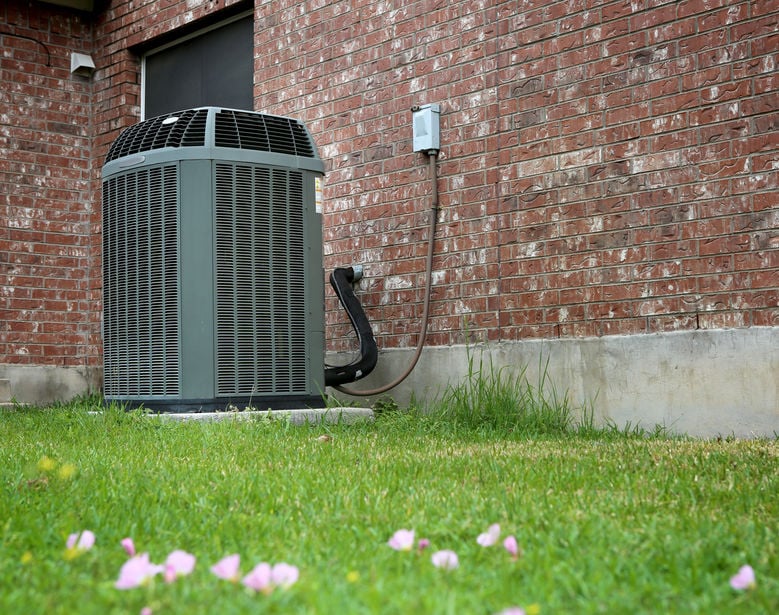
Why is HVAC Preventive Maintenance Important?
According to Forbes, “HVAC preventative maintenance might be the most important action for property owners to undertake to ensure that a building’s heating and cooling systems operate at optimal levels–and for the longest duration as possible”.
Just like we take our cars out for oil changes, routine HVAC maintenance reduces the chance of failure.
As temperatures begin to rise year over year, HVAC maintenance is now more important that ever. Weather extremes can be a hazard to your safety! Here are some benefits to HVAC maintenance:
- Prevents Breakdowns
- Reduces Energy Costs
- Extends HVAC LifeSpan
- Improves Indoor Air Quality
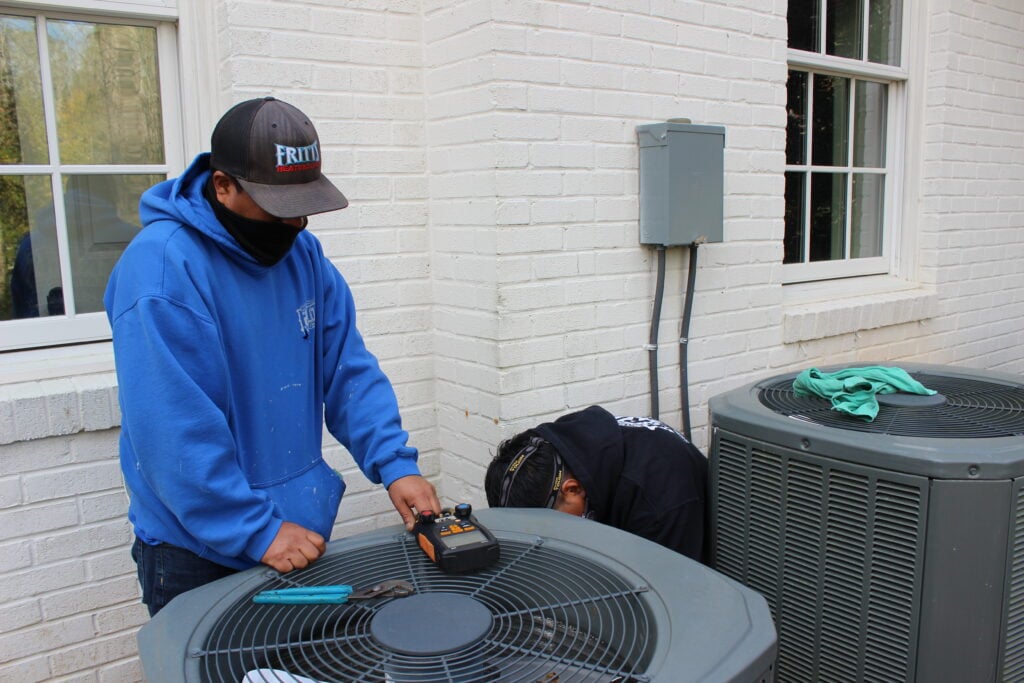
Spring HVAC Preventive Maintenance Tips
Change Your Air Filter
The easiest way to look out for your HVAC machine is to either replace or clean your air filter. Clogged, dirty filters reduce the amount of airflow and efficiency of your system. When airflow is obstructed, it bypasses the filter and deposits dirt directly into the evaporator coil, impairing the heat-absorbing capacity of the coil. For central air conditioners, filters are located along the return duct’s length in walls, ceilings, or in the air conditioner itself. Room air conditioners have filters mounted on the grill that faces the room (DOE).
There are many types of air filters. They can be classified as reusable or replaceable. Cleaning or replacing your air filter every month or two during the warm (cooling) season; however, the filter may need more frequent attention if the air conditioner is in constant use, a dusty home, or has excessively furry pets. Also, good rule of thumb is: disposable filters should be changed monthly!
Check Your Ductwork
Keep on the lookout for holes, leaky joints, and cracks. Air can be forced out of the openings if supply ducts are leaking. This draws unconditioned air through into return ducts and through unsealed joints. Also ensure that other objects like furniture aren’t blocking the airflow through your registers and to remove any dense dust buildup. Existing duct systems may also have deficiencies in the return air system. Before you call, here’s how to perform a simple check for air return capacity:
Close all exterior doors and windows, followed by interior room doors. Then turn on the central air handler. Crack interior doors one by one and observe whether or not the door closes or opens further on its own. Rooms that are severed by air-moved doors have restricted air return air flow and needed pressure relief as described above (DOE).
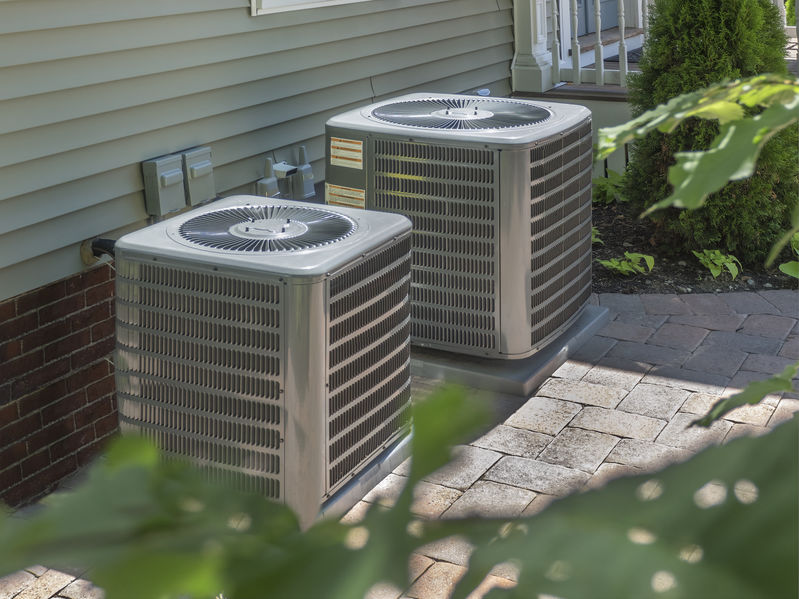
Clean Your HVAC Units Often
If you choose to cover your unit during winter, start by uncovering it to let the unit breathe. Regularly check on your outside unit because it’s subjected to the elements. Also, a simple broom or brush works great for stray dirt and leaves and be sure to remove any loose vegetation, or debris that could clog your air conditioner. It cannot pull in any air if it is blocked. You can also remove the outside grate, wiping and rinsing the fins with a garden hose if there is caked up dirt.
Clear The Drainage Hole
Typical air conditioners have a drainage hole located at the cabinet’s base. This hole needs to be clear in order for your HVAC system to work properly! Drainage holes can become easily clogged and prevent your unit from draining–putting more stress on your unit and lowering its overall efficiency.
Test Your Air Conditioner
Before peak hot weather arrives, it’s a good idea to turn on your unit and have it run. This is a great way to test it out, and catch any major issues before they arrive. You do not want to be stuck in summer with a broken HVAC machine.
Schedule a Routine Maintenance Appointment
Be sure to get professional help when dealing with greater HVAC issues. A qualified professional should always perform changes and repairs to systems. They should:
- Check for the correct amount of refrigerant, and test for leaks.
- Measure airflow through the evaporator coil.
- Verify electronic control sequences and make sure the heating and cooling system cannot operate simultaneously.
- Oil motors and check belts for tightness or excessive wear and tear.
Consider a Smart Thermostat
Contrary to regular Thermostats, Smart versions learn your household routines and automatically adjust to your indoor temperature. This makes it easier to save energy and reduce your heating/cooling bills.
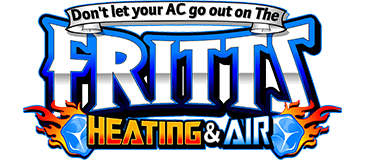
Need Spring HVAC Preventive Maintenance? Call Us Today!
Remember, a well-maintained heating system is less likely to break down, so regular maintenance is key to preventing emergencies. Schedule annual HVAC inspections and tune-ups before trouble occurs! We ensure your system operates efficiently throughout the winter months. If you need HVAC services in Atlanta, GA and throughout North Georgia, you can rely on Fritts Heating & Air for your HVAC repairs and installation for residential and commercial properties. Since our inception, our philosophy has been to provide our customers with quality and affordable HVAC services through professionalism and honesty. Give us a call today!

